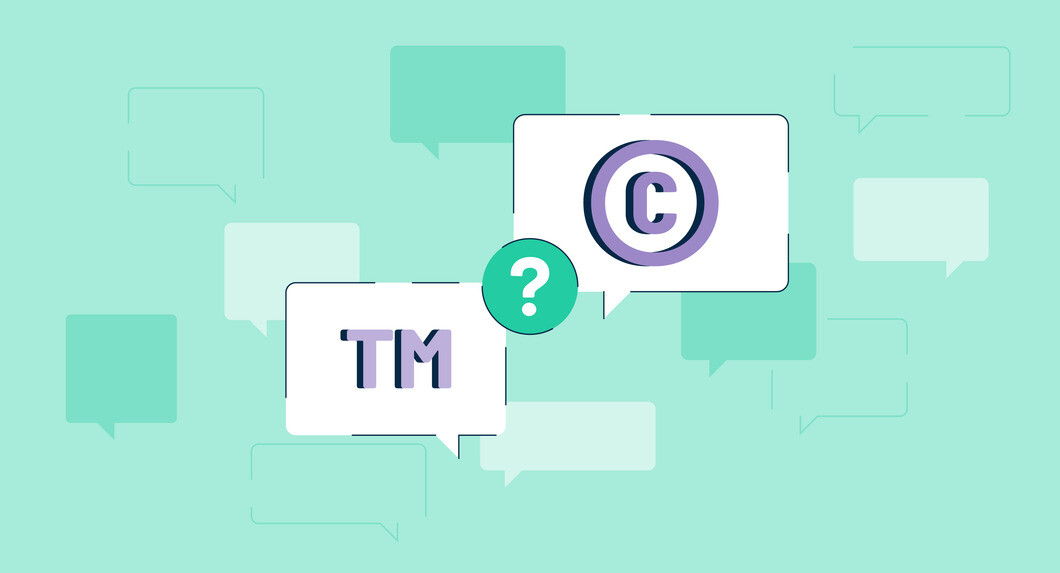
Difference Between Trademark and Copyright Explained

If a company or an individual is looking to introduce a brand-new concept in the market, it is crucial to safeguard this property from ownership theft. Therefore, it is advisable that you must get in touch with respective government bodies to get a copyright and trademark for this concept, as required. However, you must be aware of certain significant differences between the trademark and copyright.
What is a Trademark?
A trademark works as the identity for a particular product or service. It is a symbol or an icon that helps the customers identify the company in the market.
However, there is a misconception on the use of the symbols or icons being used as trademarks. People believe that the symbol or icons similar to the one’s being used as trademarks cannot be used anywhere else but it is not true. It can be used by another company as long as it is not the same service it is being used for.
For example, if an icon is being used as a trademark for a juice company, a similar icon can be used by anybody apart from another juice company.
What Is a Copyright?
Copyright functions as a legal prerogative of you as the original creator of a product regarding the right to distribute, adapt, display or copy this said product. So, if anyone other than you reproduces your work without your prior authorisation, they remain liable to a court of law.
The finer details of copyright may vary from country to country, but this right on exclusive usage is limited for a decided period. Once your work reaches that threshold, it will become a public domain property. Therefore, anyone and everyone will enjoy the right to use it.
In India, the copyright of a product is protected under the regulations of the Copyright Act of 1957.
What Are the Differences Between Trademark and Copyright?
Whereas trademark and copyright are both designed to ensure the rightful owner of a product can benefit from the usage of their work, there are some key differences in how these two facets function.
Such copyright and trademark differences have been discussed below:
|
Parameter |
Trademark |
Copyright |
|
Area of Operation |
A trademark is a distinguisher that accentuates a product as a representative of an entity. Therefore, it deals with the subject matter of production itself. |
Copyright protects intellectual property – the creative deliberations behind producing a work. |
|
Products Under Purview |
Trademark laws allow you to register logos, slogans, brand names etc., that you might use to differentiate your signature works from others. |
Copyright laws, alternatively, do not provide any such provisions. Therefore, you cannot claim copyright for using symbols, phrases, or words. |
|
Period of Validity |
In India, a registered trademark remains valid for a decade. Therefore, after every ten years, you will need to renew this trademark for your products. |
Copyright laws, on the other hand, have been designed in the first place to allow the original creator to enjoy significant profit without the ability of indefinite commercial monetisation. |
|
Purpose |
An entity primarily uses a trademark to obtain the exclusivity of the mark associated with the original product. Therefore, trademarked signs or words are often associated with brand recognition. |
copyright, however, the focus lies on prohibiting any duplication that undermines an original owner's creative efforts. Therefore, the importance here is given more to the originality and authenticity of a work. |












